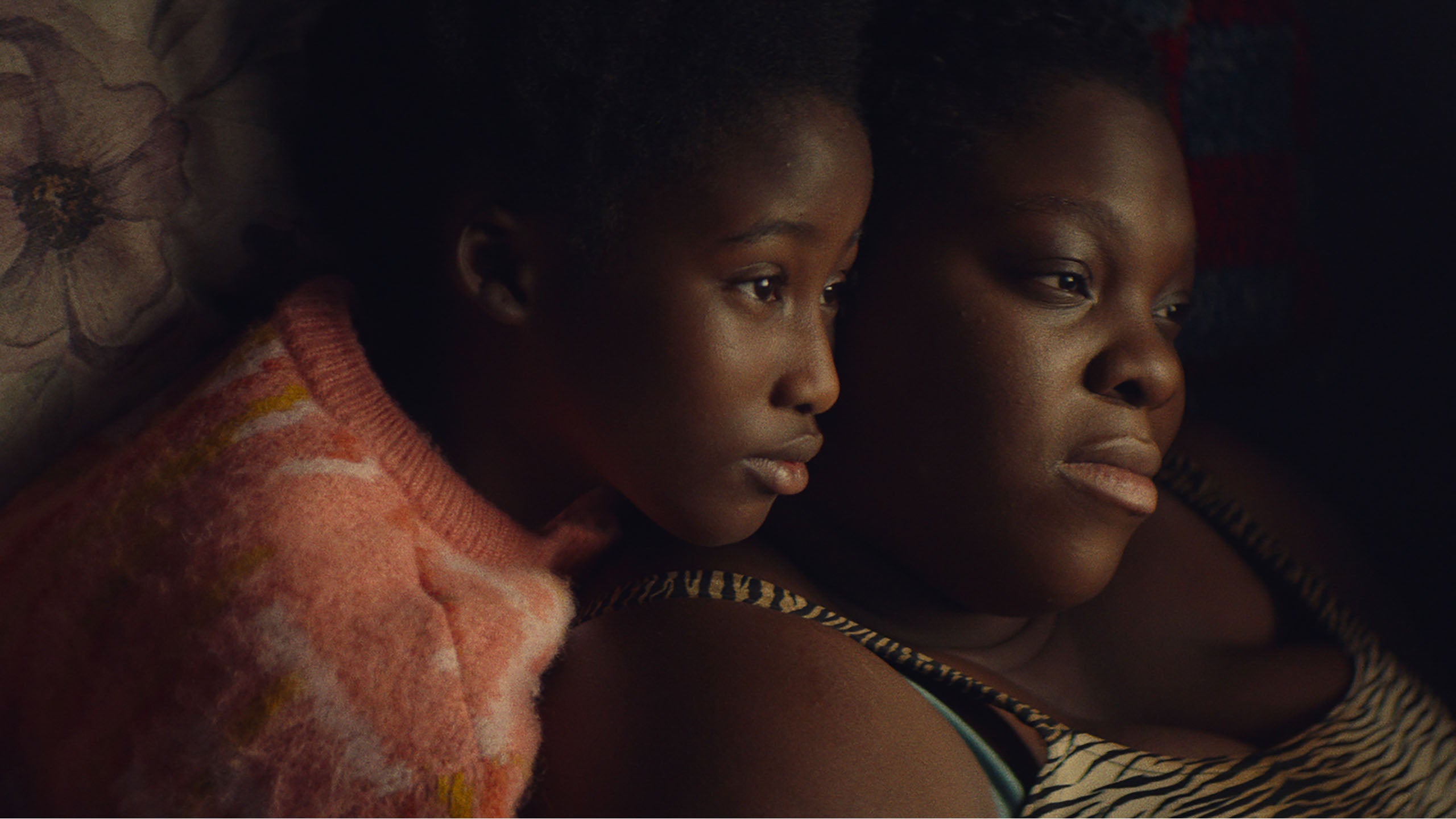
In its first few scenes, Girl appeared to be yet another typical story of a poor West African migrant mother and her child, depicting how the strictness and traumas of the former would manifest in their treatment of the latter. Yet director Adura Onashile’s debut feature out of Sundance allows for a much more arresting narrative to evolve between mom Grace (Déborah Lukumuena) and her daughter Ama (Le’Shantey Bonsu). One that shows how their life unfolds in their working-class Glasgow high-rise with great detail and new insights.
In the film, it becomes clear that Grace inflicts a co-dependent love on Ama, teaching her not to trust anyone or rely on anyone but her. It’s a lesson that was cemented in Grace, having been a teen mother who is now living in a place where she feels neither understood nor safe. Her anxieties and fear manifest in wanting to protect Ama from everything, including life itself, but the curious girl who starts to befriend a neighbor her own age who also goes to the same school longs for a connection beyond her mother.

At times, Grace’s co-dependent relationship with Ama is difficult to watch, the former even going as far as to insist the child is not wanted by anyone but her. Ama is also growing older, experiencing puberty, which prompts Grace to want to hold on tighter to her daughter rather than afford her some of the freedom she desires and is now only able to exercise with her new friend.
The scenes in Girl are slow and intimate, Onashile meeting her character’s up close, their every expression captured so personally it feels almost as if the audience is a part of the story itself, observing something discomforting while unable to look away from the intensity and chaos. Onashile’s rendering of Grace is also able to hold her in the complexity of someone whose pain and trauma is unmistakable, who deserves empathy, but who also needs to address the abusive way her unmistakable love for her daughter is also suffocating and burdensome. Grace is neither a monster nor is she mother of the year. She is a mother, a woman, and in fact, still a girl who needs to come into her own freedom before she can pass such a state onto her child.
Ama, meanwhile, both loves her mother and in her own attempt to come of age, easily recognizes her fallibility and loneliness. She knows her mother needs her to be whole and is never fully able to rebel against this need. In the canon of screen stories of complicated relationships between mothers and daughters, undoubtedly Grace and Ama fit in while telling a unique story of how a haunting past remains as such, regardless of the space one finds themselves in if they cannot face the truth of the past. Grace learns this truth, this vulnerability, and though we do not see its final outcome in the film, we know that because of it, her and Ama will be fine. They will both grow, coming of age in girlhood in their different stages, together and separately, which is necessary both individually and for their relationship with each other.





